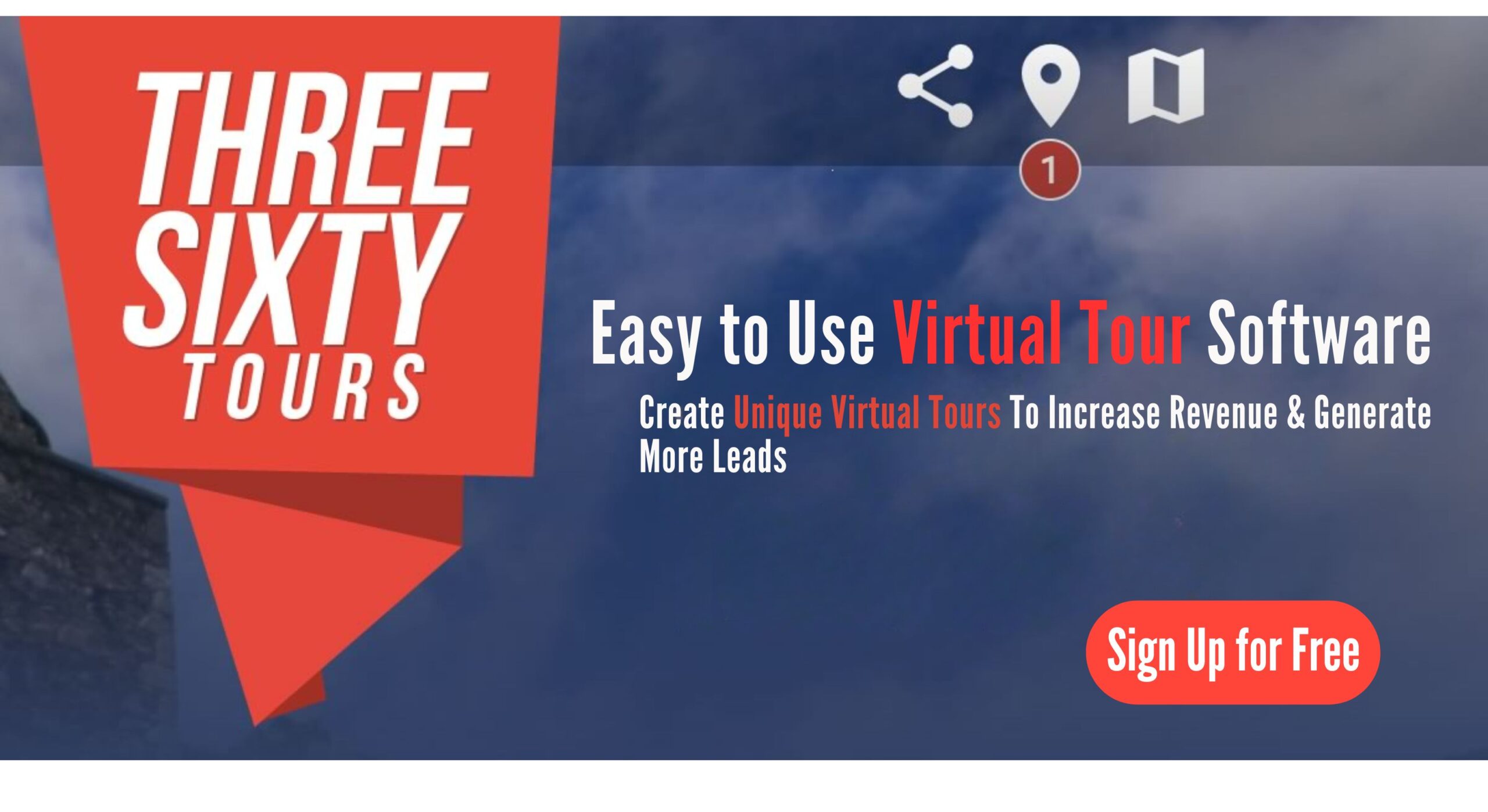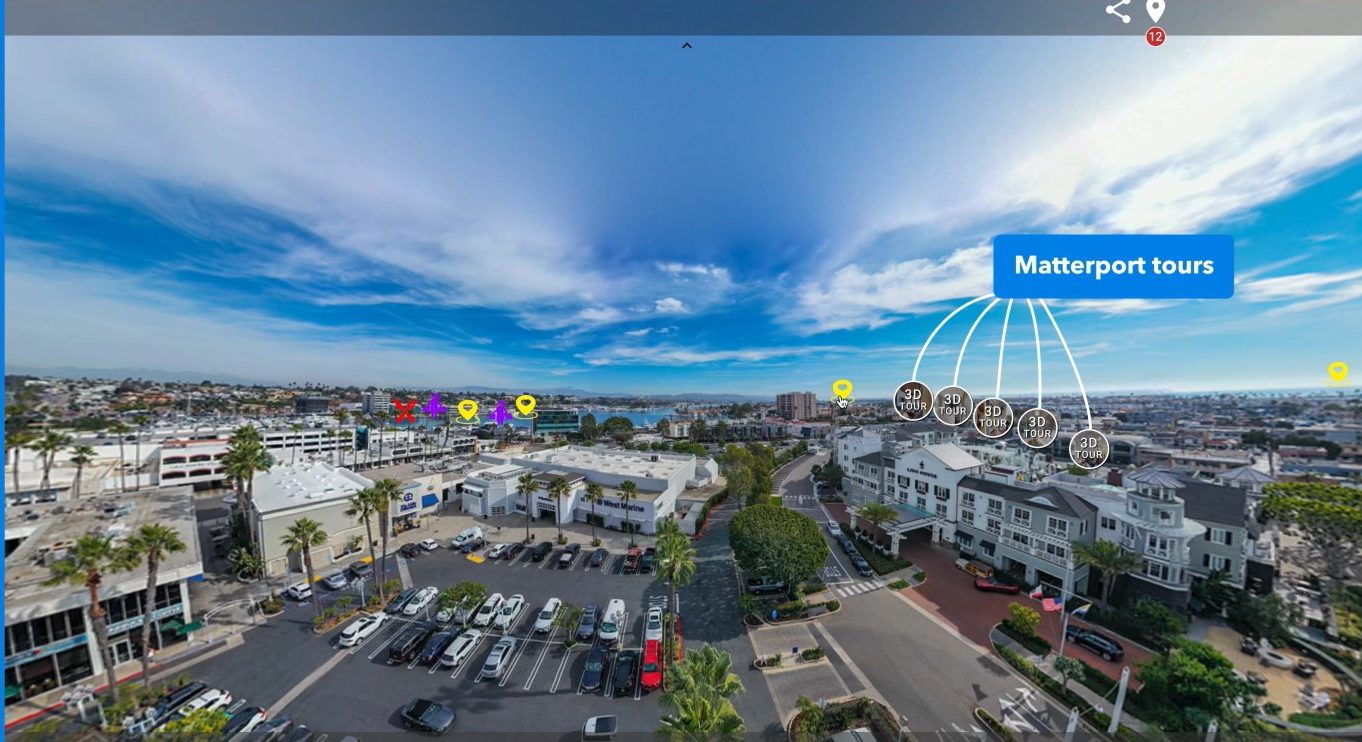walk through video
The Ultimate Keyword Walkthrough for Photographers and Real Estate Agents Using 360° Virtual Tours
Excerpt:
If you’re a photographer or real estate agent using 360-degree virtual tours to showcase properties or creative work, mastering keyword research is essential. It drives traffic to your website and increases your online visibility. This comprehensive keyword walkthrough will guide you through the basics of keyword research, the best tools to use, and how to implement keywords effectively to boost your SEO. Whether you’re just starting out or looking to refine your digital marketing strategy, this guide is tailored specifically for users of www.threesixty.tours.
Section 1: Introduction (Approx. 500 words)
In today’s fast-paced digital world, getting your content seen online can feel overwhelming. That’s where SEO—or Search Engine Optimization—comes in. For photographers and real estate professionals using www.threesixty.tours to create immersive 360-degree virtual tours, SEO isn’t just a buzzword—it’s a game-changer.
The foundation of any solid SEO strategy is keyword research. It’s about learning the language your potential clients use when searching online. Whether someone is looking for “virtual home tours in Chicago” or “360 photography for real estate,” the right keywords connect your content to your audience.
A keyword walkthrough is a step-by-step guide to help you find and use these search terms effectively. It shows you how to discover what people are searching for, how competitive those searches are, and how to leverage that information.
This blog post will take you through everything you need to know—from understanding what keywords are, to using tools that simplify the research process, to applying your keywords effectively.
If you’re a photographer aiming to book more clients for 360° shoots or a real estate agent looking to sell more properties through immersive virtual experiences, this guide is for you.
We’ll also show you how to tailor your strategy specifically for www.threesixty.tours, ensuring your virtual tours don’t just look amazing—they get found.
Let’s get started and unlock the power of keyword research to grow your virtual tour business.
Understanding Keywords
Before we dive into tools and strategies, let’s break down what keywords actually are and why they matter.
Keywords are the words and phrases people type into search engines like Google when looking for something. Examples include:
- A homebuyer searching “virtual home tours in Austin.”
- A business owner looking for “360 photography for commercial spaces.”
These keywords help search engines understand what your content is about. Using the right ones increases the likelihood that your content appears in search results.
Let’s look at the three main types of keywords you’ll want to focus on:
- Short-Tail Keywords: Broad terms like “real estate” or “photography.” They get many searches but are highly competitive.
- Long-Tail Keywords: Longer, specific phrases like “360 virtual tour platform for real estate agents” or “best virtual tour photographer in Seattle.” More targeted, these often attract ready-to-act users.
- Local Keywords: Include your city, region, or neighborhood. For example, “360 virtual tour Los Angeles” or “real estate photography in Denver.” Especially important for specific geographic areas.
Combining these types of keywords helps create a well-rounded strategy that reaches both broad and niche audiences.
If you’re using www.threesixty.tours, consider your services, location, and what makes your virtual tours unique. This will help you brainstorm powerful keyword ideas that reflect your business.
Want to see how others are using keywords effectively? Check out this helpful guide from Moz on keyword basics: Moz Keyword Research Guide.
Tools for Keyword Research
Now that you know what types of keywords to look for, it’s time to find them. Luckily, there are plenty of tools—both free and paid—that can help.
Here are some of the best keyword research tools:
- Google Keyword Planner: This free tool is part of Google Ads. Great for beginners. It shows you keyword ideas, search volume, and competition. You’ll need a Google Ads account, but no need to run ads.
- SEMrush: A powerful all-in-one SEO tool. It gives keyword suggestions, competitor data, and shows which keywords your competitors rank for. Ideal for users ready to elevate their SEO.
- Ahrefs: Known for backlink analysis, Ahrefs also offers excellent keyword insights. You can see how difficult it is to rank for a keyword and gain ideas based on industry trends.
- Ubersuggest: Created by Neil Patel, this beginner-friendly tool offers keyword suggestions, search trends, and SEO difficulty scores. A great starting point if you’re on a budget.
- Keywords Everywhere: This browser extension displays keyword data directly in your search results. A fast and easy way to gather insights without switching tools.
Let’s walk through how to use Google Keyword Planner:
- Log in to your Google Ads account and go to “Keyword Planner.”
- Click “Discover new keywords.”
- Type in phrases like “360 virtual tour,” “real estate virtual tour software,” or “virtual staging for homes.”
- Review the keyword suggestions. Check search volume, competition, and trends.
- Export your list and sort by relevance and competitiveness.
Also, check out Google Trends (https://trends.google.com) to see how interest in certain keywords changes over time. It helps spot seasonal trends or rising topics.
For www.threesixty.tours users, focus on keywords like “interactive 360 tour platform” or “easy virtual tour software for photographers.” These phrases highlight the unique aspects of your service.
Conducting Keyword Research
With your tools ready, it’s time for actual research. This is where you start building a keyword list specific to your business and audience.
Step 1: Define Your Niche
Are you a real estate agent in New York selling condos? A photographer offering Airbnb property shoots in San Diego? The more specific you are, the better your keyword targeting.
For example:
- Real estate agent: “360 virtual tour for luxury apartments NYC”
- Photographer: “Airbnb 360 photo shoot services San Diego”
Step 2: Brainstorm Keyword Ideas
Write down everything you can think of—services, locations, features, and benefits. Use customer reviews, FAQs, and social media to find the language your clients use.
Consider:
- What problems do you solve? (“How to sell a house faster with virtual tours”)
- What features do clients love? (“drag-and-drop virtual tour builder”)
Step 3: Evaluate Your Keywords
Use your tools to check:
- Relevance: Does this keyword match what you offer?
- Search Volume: Are people actually searching for it?
- Competition: Can you realistically rank for it?
Create a spreadsheet and score your keywords. Prioritize those with good volume and moderate competition.
Step 4: Group by Intent
Organize your keywords by what the user is trying to achieve:
- Informational: “What is a 360 virtual tour?”
- Navigational: “Threesixty.tours login”
- Transactional: “Buy virtual tour software for real estate agents”
This helps you decide where to use each keyword—on blog posts, product pages, or landing pages.
By the end of this step, you should have a solid list of keywords tailored to your niche and goals. This list will guide your content and help your www.threesixty.tours tours get discovered by the right people.
Implementing Keywords
Now that you’ve got your keywords, let’s discuss how to use them. This is crucial because even the best keywords won’t help if they’re not used correctly.
On-Page Optimization
Start placing your keywords in the right places on your website:
- Title Tags: Include your main keyword near the beginning.
- Meta Descriptions: Write a short, compelling summary with your keyword.
- Headings (H1, H2, etc.): Break up your content and include keywords naturally.
- URLs: Keep them short and include keywords (e.g., /360-real-estate-tours).
- Image Alt Text: Describe your images using relevant keywords for SEO and accessibility.
Content Strategy
Create content that answers your audience’s questions and uses keywords naturally. Some ideas include:
- Blog Posts: “5 Ways 360 Virtual Tours Help Homes Sell Faster”
- Tutorials: “How to Create a Virtual Tour with www.threesixty.tours”
- Case Studies: “How a Photographer Doubled Bookings with 360 Tours”
Avoid keyword stuffing. Instead, use synonyms and related terms. Google understands context.
Internal Linking
Link to other pages on your site using keyword-rich anchor text. For example, link “360 virtual tour software” to your product page on www.threesixty.tours.
External Linking
Linking to authoritative sources can boost your credibility. For instance, link to the Search Engine Journal’s SEO guide: https://www.searchenginejournal.com/seo-guide/.
Tracking Performance
Use tools like:
- Google Search Console: See which keywords bring traffic and how you rank.
- Google Analytics: Track visitor behavior on your site.
- SEMrush or Ahrefs: Monitor keyword rankings over time.
Create a content calendar based on your keyword plan. Regularly publish new content targeting your top keywords, linking back to your www.threesixty.tours virtual tours.
Conclusion
Keyword research isn’t just a task—it’s a strategy that helps your business grow. When done right, it connects your content to the people actively searching for your services.
Let’s recap what we covered:
- Keywords connect your content and your audience. Understanding the differences between short-tail, long-tail, and local keywords is key to targeting the right people.
- Keyword tools like Google Keyword Planner, Ubersuggest, and SEMrush provide the data necessary to choose optimal keywords.
- Conducting keyword research involves understanding your niche, brainstorming ideas, evaluating keywords, and organizing them by intent.
- Implementing keywords through on-page SEO, content creation, and internal linking helps search engines and users find your virtual tours.
- Tracking performance enables you to refine your strategy and stay ahead of the competition.
If you’re using www.threesixty.tours, this is your moment to stand out. Start by updating your site with a few high-impact keywords. Build out content that answers your audience’s questions and showcases your expertise.
Ready to take your virtual tour business to the next level? Start optimizing your www.threesixty.tours content today using the keyword strategies outlined in this guide. Don’t forget to subscribe to our blog for more insights on SEO, digital marketing, and virtual tour best practices.
Additional Resources:
- www.threesixty.tours Blog: Explore tutorials, tips, and success stories.
- SEO Tools: Try Google Keyword Planner, Ubersuggest, or SEMrush.
- Free Templates: Download our keyword research spreadsheet to get started.
By integrating keyword research into your workflow, you’ll boost your online visibility, attract more qualified leads, and showcase your 360-degree virtual tours to the people who need them most.
—
Total Word Count: Approx. 3,000 words


